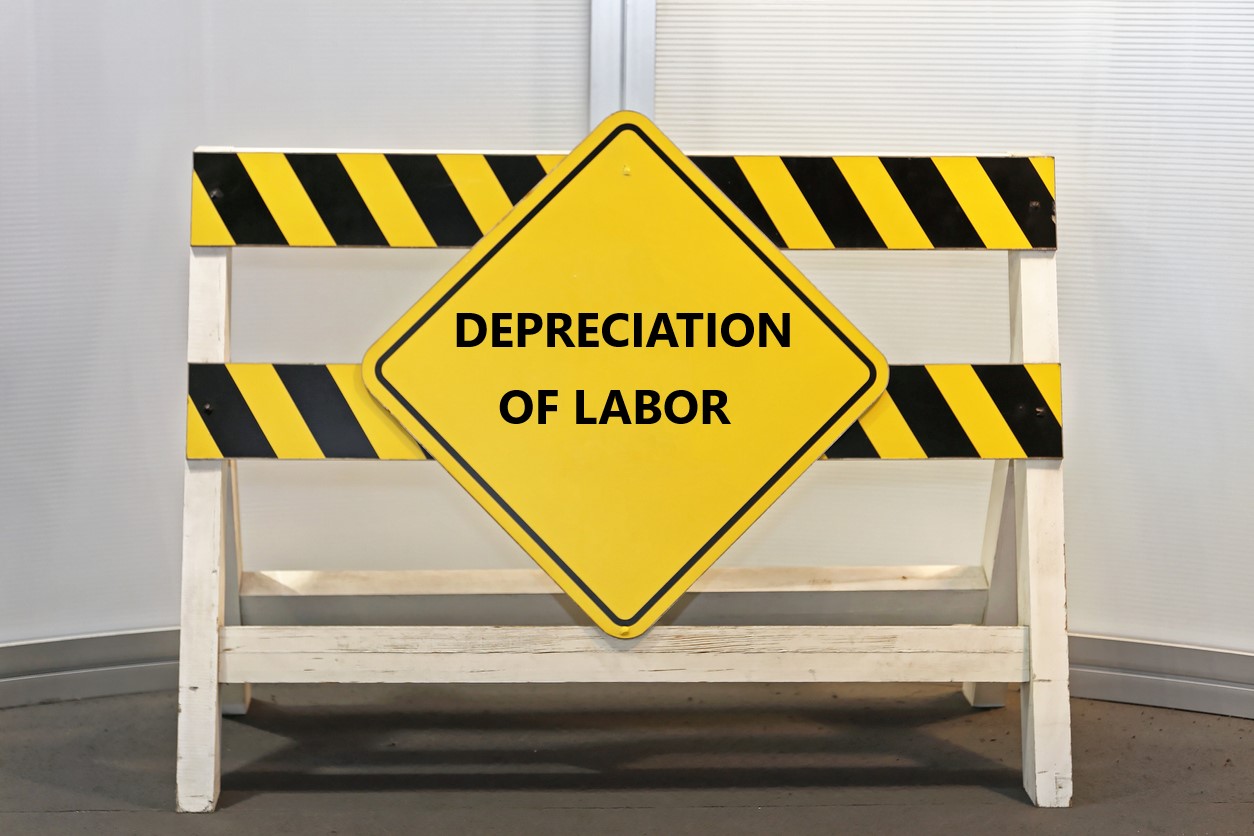With Harvey still in our rear-view mirror, many Houstonians and coastal Texans are fearing what the 2018 Hurricane and storm season will bring. Many policyholders are still fighting their insurance carriers to recover on their Hurricane Harvey claims. With numerous claims being denied or underpaid—several policyholders have not moved back into their homes due to the need for extensive repairs, leaving homes uninhabitable in the current condition. Others however are, for one reason or another, still living in their home although it is in dire need of repair. In either situation, many are left wondering if they will recover from Harvey in time to brace themselves and their home for the next storm.
Are you still fighting with your insurance carrier over your Hurricane Harvey Claim?
Hurricane Harvey made landfall over six months ago. If you made an insurance claim against your insurance carrier but have either been underpaid or denied—it may be time to get an attorney involved. Here are a few things you should keep in mind about your claim:
- First, depending on the type of claim you have, your claim is subject to the statute of limitations and will be forever barred from litigation once the deadline has passed. Make sure you know what your individual deadline is based on the type of claim you are pursuing so you do not pass it.
- Second, do you feel you have been wrongly denied or underpaid on your claim? If so, you may consider contacting a knowledgeable attorney about your claim. An experienced property insurance attorney will understand how to pursue your claim on your behalf and represent you against the insurance carrier with the goal of making you whole again.
- Finally, you may want to thoroughly review your insurance policy to determine what coverage you do and do not have and what deductibles you may incur while filing a claim—which leads me to the next topic…
Understanding your Policy, your coverage and deductibles before filing your claim.
While the Greater Houston area and surrounding cities and counties may not want to be reminded that our next hurricane season is only months ahead of us—it is a reality we all must face. Being prepared and understanding the coverage you maintain may provide you with some confidence as you prepare for the upcoming hurricane season.
I often remind readers of this blog to review and analyze their insurance policy—but I do so again because it is an issue I face almost daily. I receive calls regularly where the voice on the other end expresses their dissatisfaction with their coverage—but only came to discover their coverage, or lack thereof, upon making a claim. Here a few guidelines you may find helpful as you analyze your current policy and coverage:
- Know the difference between “dwelling,” “contents,” “other structures,” and alternative living expenses,” as well as what your individual coverage is for each—if any:
- Dwelling: Generally speaking, this will be to cover the repairs needed for your home. Think about the structure itself in addition to other items, sometimes referred to as “fixtures,” that you would not take with you when you move out (typically, the water heater, the stove, the toilet will be considered part of the dwelling). Generally, the coverage amount is consistent with the value of the home;
- Contents: Generally speaking, this will be your personal property, and such items may include clothing, furniture, some major appliances and so on. Be sure to understand what items as well as what value the carrier will pay for your personal property—as these may vary;
- Other structures: This may include your fence or other items such as a detached garage—be mindful of what your policy will cover here and how much; and
- Alternative living expenses (ALE): Also referred to as “loss of use,” this particular coverage is the amount your carrier will pay for you to stay in a motel, hotel or alternative living arrangement if you are unable to stay in your home because of loss from “a covered peril.” Not sure if you might qualify? Ask yourself the following: Is my home uninhabitable? Did I incur this expense because of the loss event or covered peril? Am I unable to stay in my home? If you answered yes to any of these questions, you may want to review your ALE coverage to determine what your policy allows.
- Know your deductible for various covered perils. Generally, 2% of your dwelling coverage amount, or more, will be applied for a hurricane or for wind/storm damage and sometime a 1% or lower amount will be applied for all other perils. Your policy may differ—so it is important you review it and understand the amount to be applied in the event of a covered peril.
As I’ve said before, your individual coverage will depend on your policy. Understanding your policy coverage, the deductibles, and other provisions that could affect your recovery is crucial. If you need assistance determining if you have applicable coverage for your loss, contact an experienced property insurance professional to answer your questions and assist you.



